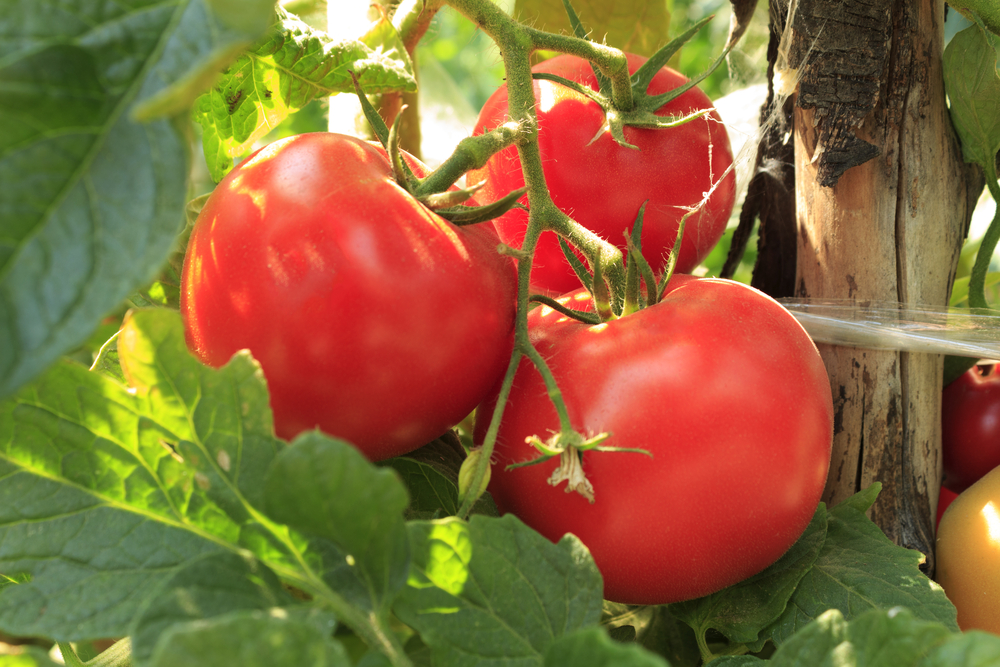Breaking
UPLB scientists develop virus-resistant tomatoes
The Institute of Plant Breeding (IPB) of the University of the Philippines Los Baños (UPLB) has developed tomato breeding lines resistant to Tomato Leaf Curl Virus (ToLCV) in the hope of reviving tomato’s robust production in the country.
The two-year project was completed by a team composed mainly of local scientists at the IPB-UPLB, namely Dr. Josefina Narciso, Dr. Melquiades Reyes, Dr. Lolita Dolores and Ms. Alma Canama.
With financial support from the Department of Agriculture Biotech Program, the research team developed the candidate ToLCV-resistant lines from local tomato varieties by interbreeding local varieties with ToLCV-resistant tomato lines acquired from the Asian Vegetable Research and Development Center (AVRDC)-The World Vegetable Center.
ToLCV-resistance in the donor parental lines, hybrids and the derived lines from the initial hybrids was verified by exposing the plants to the ToLCV- Laguna isolate and by marker-assisted selection (MAS). MAS can predict even at early seedling stage whether a plant will grow to express a trait of interest based on the mere presence or absence of gene markers.
Gene markers are short unique DNA sequences located near the DNA sequence of the gene responsible for a desired physical characteristic/trait in each generation of plants produced.
In this case, markers for genes responsible for the resistance to ToLCV confirmed successful transfer of the resistance gene in the genetic make-up of the developed tomato lines.
Lines rated as highly resistant due to absence or very minimal observed symptoms of infection and detected for presence of ToLCV resistance genes through gene markers were considered candidate ToLCV resistant breeding materials.
Tomato was the leading vegetable crop in the country in terms of area planted until 1990.
The peak of decline in the area of production in 1997 was primarily due to pests and diseases as well as unfavorable climatic conditions especially during off-season months.
Virus diseases, including ToLCV, are considered the most damaging to tomato production worldwide causing 50-100% yield loss.
Use of chemicals to stop the vector insect proved to be costly and does not warrant sustainable protection. Moreover, the strategy can be hazardous both to human health and environment.
The use of resistant varieties offers the most effective and practical strategy to overcome the disease.
While breeding initiatives to virus resistant varieties have been going on, the lack of varieties with durable resistance against multiple virus diseases remains a concern to farmers.
At present, there are no commercial varieties grown in the Philippines with durable resistance to major virus diseases such as ToLCV.
Use of the promising resistant breeding materials may improve production yield and income of more than 18,000 tomato growers.























Pingback: Starphama gets go-ahead for VivaGel condom | Herpes Survival Kit